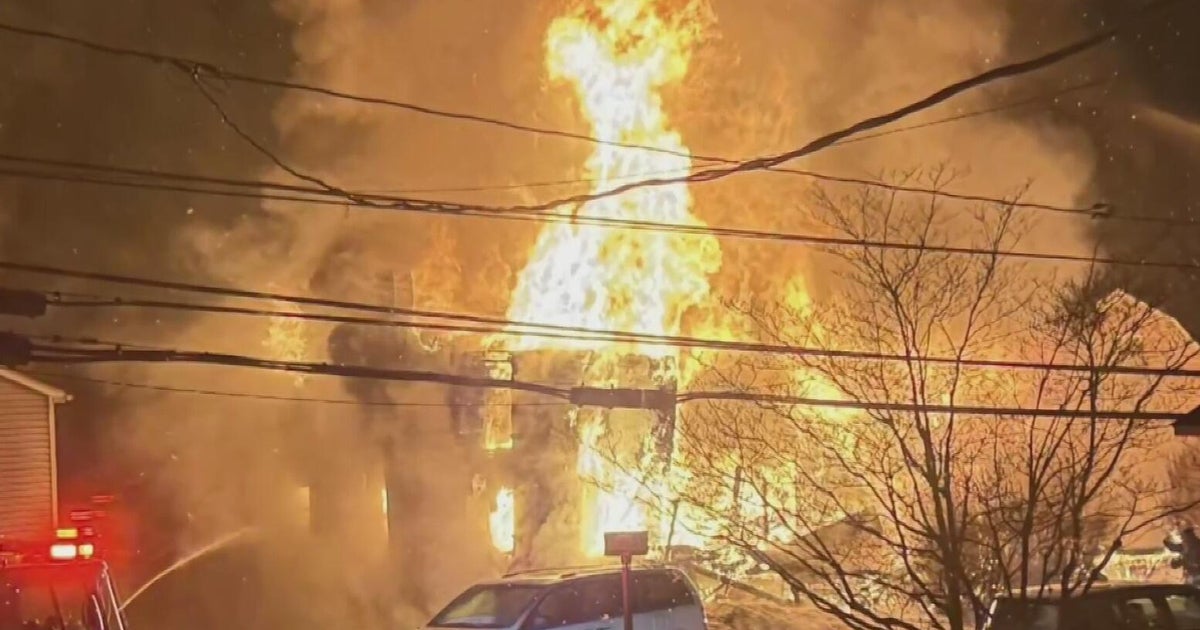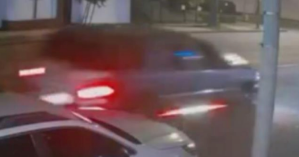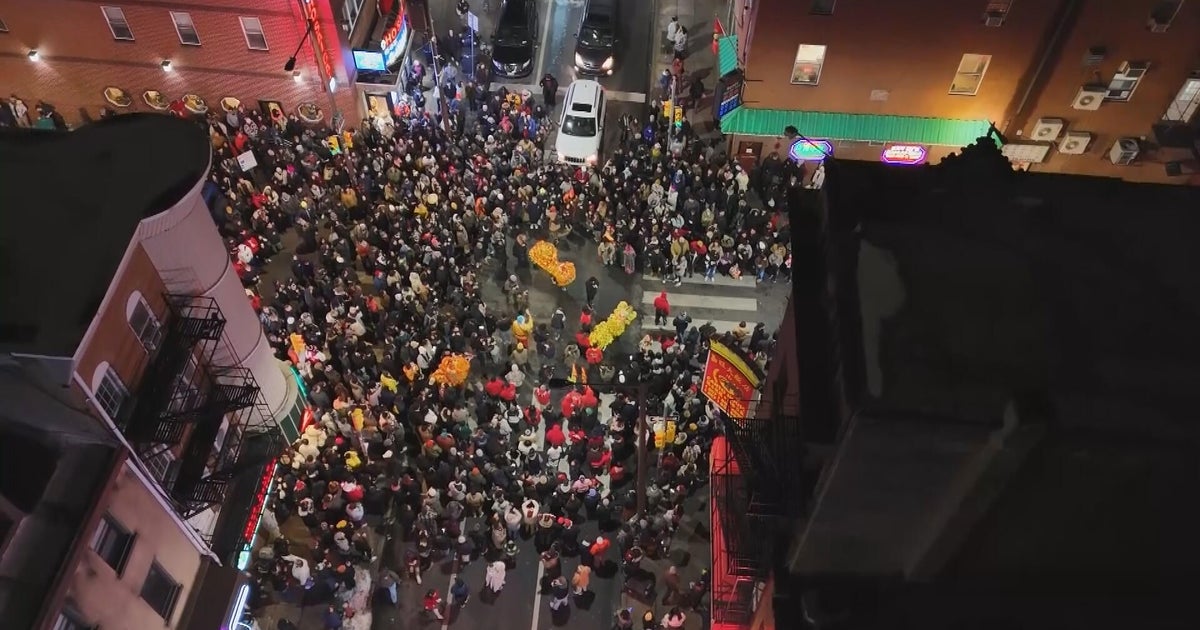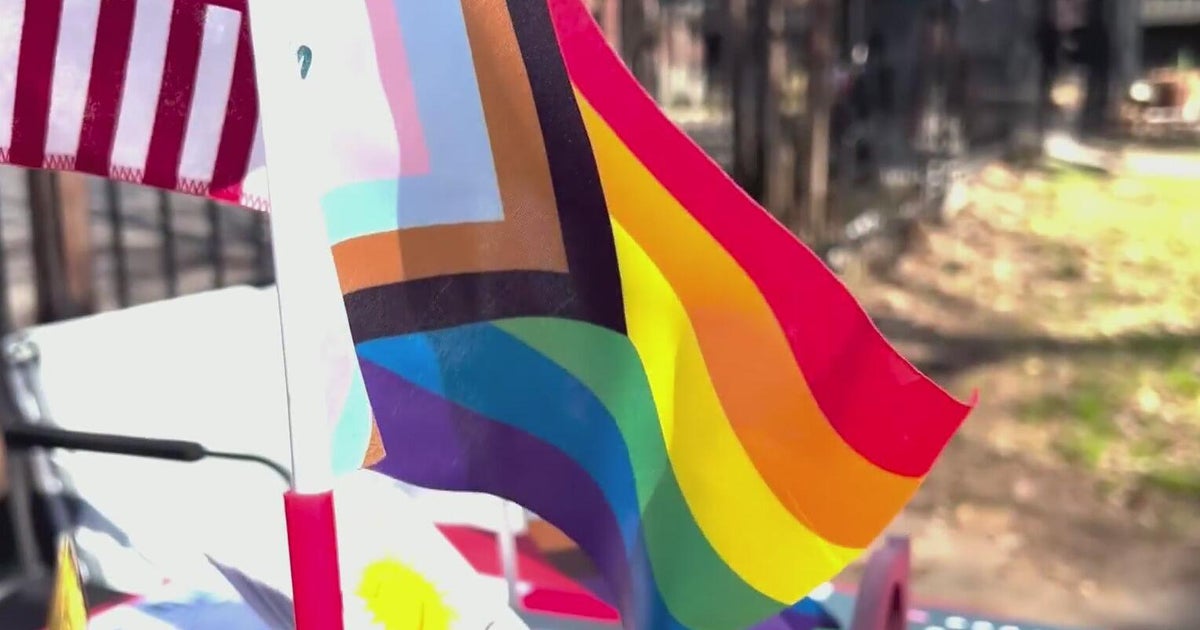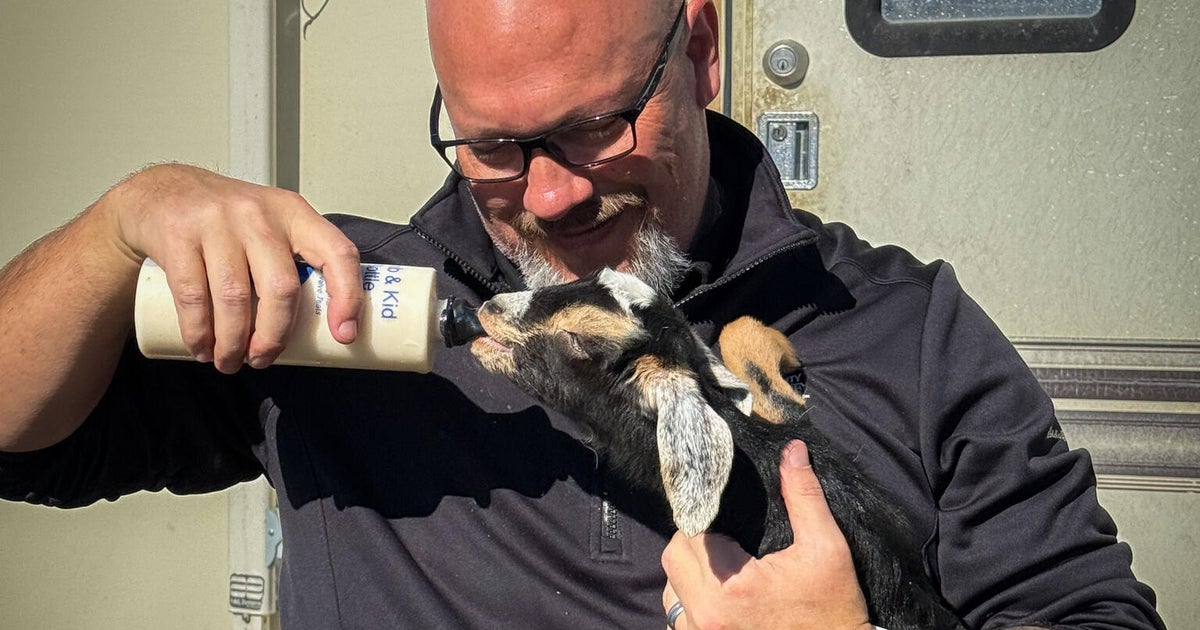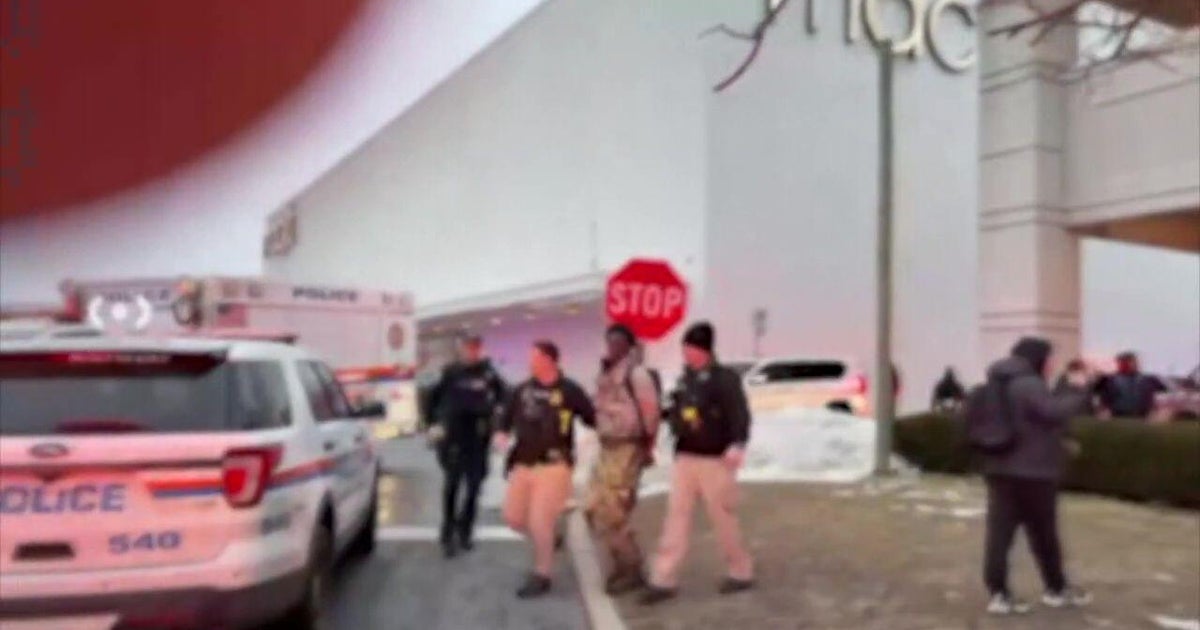Crowds gather across LA for glimpse of rare solar eclipse
A partial solar eclipse was visible in Los Angeles on Monday, April 8.
The eclipse started at 10:06 a.m. and then peaked at 11:12 a.m. with the moon expected to cover 57% of the sun's diameter and 49% of the sun's area. The eclipse ended at 12:22 p.m.
Griffith Observatory hosted a live online broadcast of the Total Lunar Eclipse from Texas from 10 a.m. until 1 p.m.
The observatory will not host an in-person viewing event. However, Cal State Long Beach's Department of Physics and Astronomy will have a viewing event starting at 10 a.m. on the campus' upper quad. Eclipse safety glasses and access to solar telescopes will be available, according to the school.
Griffith Observatory officials cautioned that it's essential to wear proper eye protection when looking at the sun. The eclipse is only safe to witness with the naked eye during totality, or the period of total darkness when the moon completely covers the sun, officials said.
The Los Angeles County Department of Public Health also reminded residents to take necessary precautions while viewing the eclipse.
"As we anticipate viewing the solar eclipse, I urge everyone to prioritize their eye safety," County Public Health Director Barbara Ferrer said in a statement. "The sun's powerful rays can cause serious eye damage if you look directly at it during an eclipse. By using certified eclipse glasses and avoiding direct sun gazing, we can safely enjoy this amazing natural phenomenon."
Safety tips for viewing solar eclipse
- Do not look directly at the sun
- Do not use sunglasses, binoculars, or telescopes
- Always supervise children using solar viewers
- Use a pinhole viewer to view the eclipse indirectly without looking at the sun
- Wear eclipse glasses, or solar viewers, with certified solar filters and ensure lenses are in good condition
Free eclipse glasses are available at select Los Angeles public libraries, and a number of libraries will host solar eclipse events.
A list of participating libraries can be found here.
The next partial eclipse visible in the Los Angeles area will be on Jan. 14, 2029. The U.S. won't see another total eclipse until 2044.

